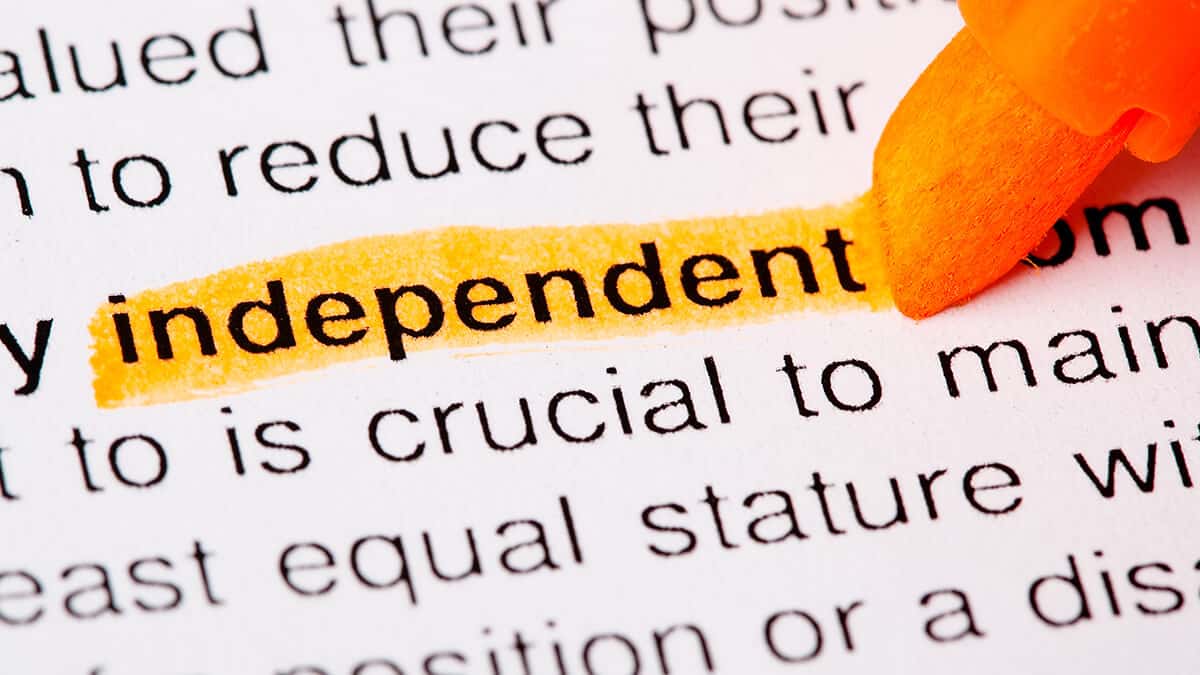
Do you recall a time when you hesitated to be vulnerable, when you played things close to the chest when maybe you shouldn’t have? You aren’t alone—most of us have difficulty trusting at some point, often as a result of experiences in the past where someone close has hurt us. That can be hard to overcome. Healthy adults will seek the help they need from friends, peers and professionals to regain their ability to trust because trust is the foundation for personal growth, stability and mutual relationships.
But what about the people in our lives who refuse to seek help? Maybe they refuse to see doctors or therapists, perhaps they hide any problems from even their close friends, maybe they panic and close up in the face of criticism or conflict. When someone is avoidant like this, they are in trouble. What can we do to help people in this position? How can we help them build trust and know that they are in a safe place when they are with you?
Accepting Your Own Vulnerability
Being vulnerable yourself is a good place to begin because vulnerability requires that you trust the other person to accept you and your words “warts and all” without judgment. Your vulnerability in sharing allows others to feel they can reciprocate. When they do. it’s your turn to listen. If your friend has difficulty trusting, opening up could be a huge deal. The best way to support is to listen carefully, with your eyes and your ears, giving them space and time to gradually share. Then validate their feelings. Listen without judgment. Luke 6:37 says “Do not judge, and you will not be judged. Do not condemn, and you will not be condemned. Forgive, and you will be forgiven.”
There may come a time where it is appropriate to insist that your friend talks to a medical doctor. For example, if you see someone who is dealing with significant depression, they likely need more help than you alone can provide. Ask them to make an appointment within the week, and make yourself available to be present for support if they would like.
Reflection Questions:
- What are the positives of trusting someone?
- Who trusts you? Are you trustworthy?
- Who in your life needs extra help being vulnerable? How can you help?
Continue reading with these articles…
Recent Posts
Categories
- Coaching
- Emotional Health
- Empowering Transformative Action
- Flourish
- Gauges
- Grief
- Grief
- Healthy Emotional Intelligence
- Healthy Lifestyle
- Mature Disciple: foundational competency for mentoring
- Mentoring Excellence
- Professional Supervision
- Reduced Risk
- Replenish
- Resources
- Seasoned Christian Leadership
- Sustainable Life
- Thriving Relationships
- Uncategorized
- Videos
- Vital Spirituality
- Well-Being
- Well-Being Mentoring



